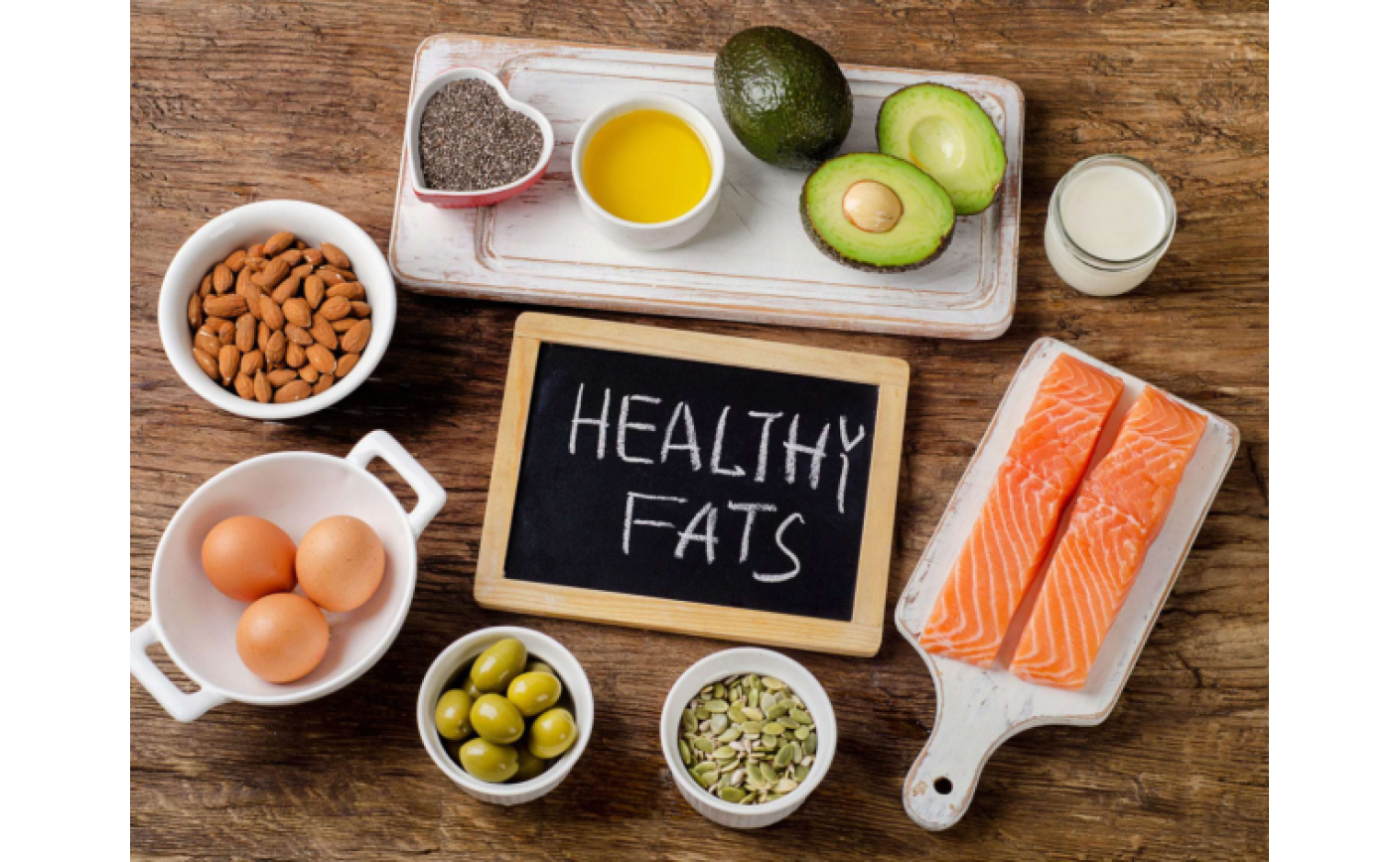
Fats are the major constituent of macros for the diet. A small amount of fat is integral part of a healthy, balanced diet. Fat gives essential fatty acids to the body, which the body cannot make it on their own.
Any fat which is not used up by the body, remains as body fat. So is your carb and protein, anything in excess is good for nothing. All the three macros, carb, protein and fat tends to remain as body fat if not used up as energy.
Fats are of different types, which one you choose is what that decides if its good or bad for you. All fats are denser in energy, any fat will give 9kcal for 1gm.
The types of fat:
⁃ Saturated
⁃ Unsaturated
Saturated fats:
Saturated fats are often listed as “bad” fats and are commonly grouped with trans fats. Saturated fats are found in animal products like milk, cheese, and meat, as well as tropical oils, including coconut and palm oil.
That doesn’t mean you should completely be off the foods high in saturated fat can be enjoyed as part of a healthy diet.
Coconut products, including unsweetened coconut flakes and coconut oil, grass-fed whole milk yogurt are just some examples of highly nutritious foods concentrated in saturated fat that may positively affect health.
On the other hand, consuming processed foods rich in saturated fats, including fast food and fried foods has been consistently linked to an increased risk of obesity, heart disease, and numerous other health conditions
Unsaturated fats:
These are the fats which tend to be liquid at room temperature. There are two main types of unsaturated fat:
Monounsaturated fats
Research shows that consumption of plant-based monounsaturated fats may help lower your risk for cardiovascular diseases.
Foods that are highest in monounsaturated fats include:
- olive oil
- peanut oil
- avocados
- nuts and seeds
Polyunsaturated fats
Polyunsaturated fats help with muscle movement and blood clotting. Since our body doesn’t make this type of fat, you have to get it through your diet.
Polyunsaturated fats can be further divided into two types: omega-3 and omega-6 fatty acids.
The best sources of omega-3 fatty acids are:
- fatty fish, such as sardines, tuna, salmon, trout, mackerel, and herring
- ground nut and flaxseed oil
- soybeans
- oysters
- walnuts
- sunflower seeds
- chia seeds
- hemp seeds
Omega-6 fatty acids can be found in:
- canola oil
- safflower oil
- soybean oil
- sunflower oil
- walnut oil
- corn oil
Now that you know fats, it’s important to choose what’s best for you. This doesn’t mean going for low fat/no fat labels, when you take an alternative for any fat they come with either higher sodium, sugar or overall carbs so its always to choose the actual form in a limited portion

